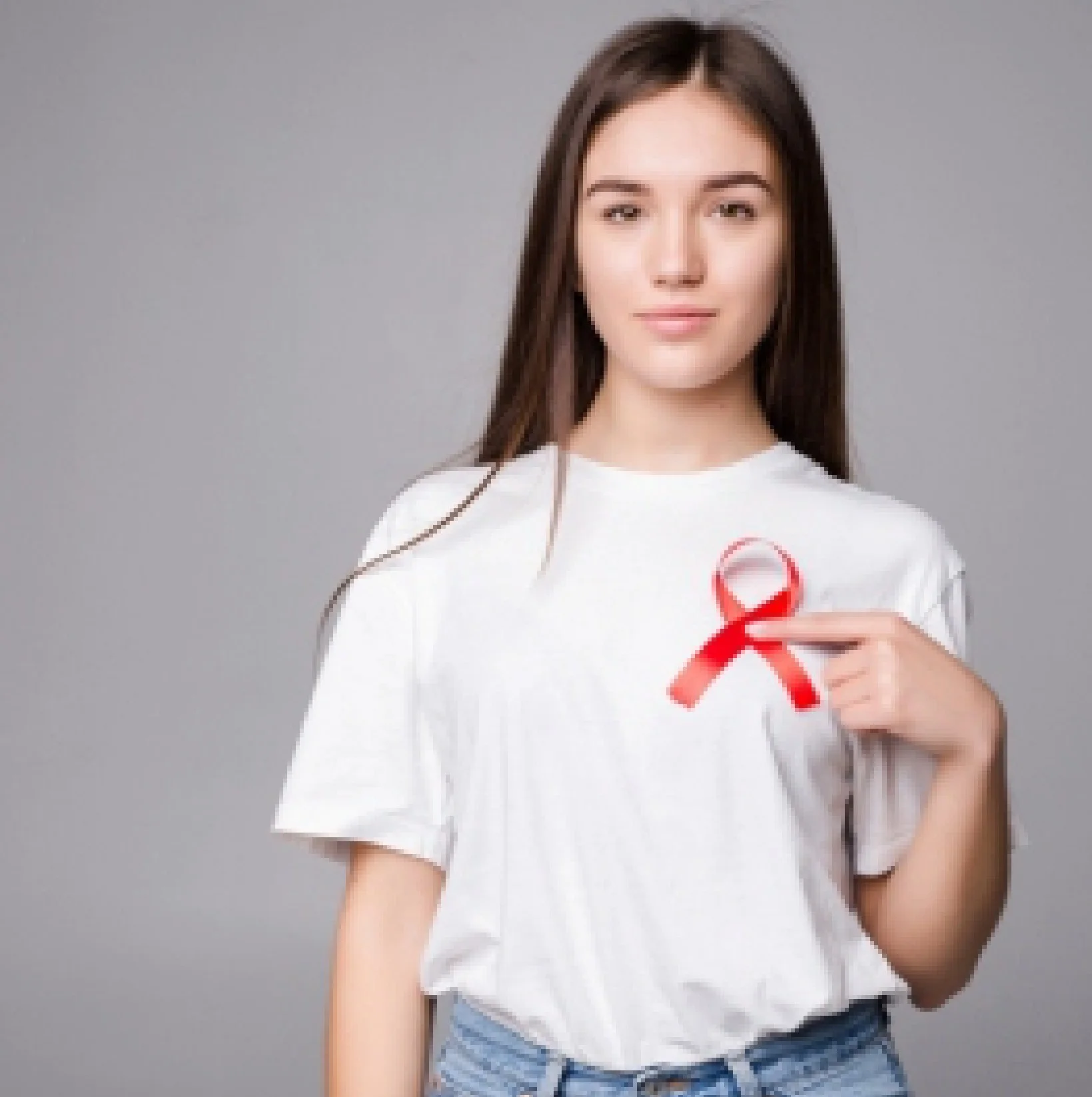
Department of Oncology
Welcome To Gangasheel Hospital
What is Breast Cancer ?
Breast cancer is cancer that forms in the cells of the breast.
After skin cancer, breast cancer is the most common cancer among women in the United States. Breast cancer can occur in both men and women, but it is much more common in women.
Substantial support for breast cancer awareness and research funding has facilitated advances in breast cancer diagnosis and treatment. Breast cancer survival rates are rising and the number of deaths associated with the disease is steadily declining. This is largely due to factors such as early detection, new personalized treatment approaches and a better understanding of the disease.
- A breast lump or thickening that feels different from the surrounding tissue
- Change in the size, shape or appearance of a breast
- Changes to the skin over the breast, such as dimpling
- A newly inverted nipple
- Peeling, scaling, crusting or flaking of the pigmented area of skin surrounding the nipple (areola) or breast skin
- Redness or pitting of the skin over your breast, like the skin of an orange
Doctors know that breast cancer occurs when some breast cells start growing abnormally.
These cells divide faster than healthy cells and continue to accumulate, forming clumps or clumps.The cells can spread (metastasize) from the breast to lymph nodes and other parts of the body.
Breast cancer usually begins in cells in the ducts (invasive ductal carcinoma). Breast cancer can also begin in glandular tissue called lobules (invasive lobular carcinoma) or other cells or tissues in the breast.
Researchers have identified that hormones, lifestyle, and environmental factors can increase the risk of breast cancer. However, it is not clear why people without risk factors develop cancer and those with risk factors do not.Breast cancer is driven by complex interactions between genetic makeup and the environment. There is a possibility.
Making lifestyle changes can reduce your risk of breast cancer. Try:
- Talk to your doctor about breast cancer screening. Talk with your doctor about when to start breast cancer screenings and tests, such as clinical breast exams and mammograms.
- Talk to your doctor about the benefits and risks of testing. Together we can decide which breast cancer screening strategy is right for you.
- Find out more about your breasts with the Breast Self-Examination. Women may choose to familiarize themselves with their breasts by examining them occasionally for breast awareness during breast self-examination.
- Breast awareness cannot prevent breast cancer, but it can help you better understand the normal changes in your breasts and recognize any unusual signs and symptoms. Helpful.
- Drink alcohol in moderation. If you drink alcohol, limit your alcohol intake to one drink per day.
- Exercise most days of the week. Aim for at least 30 minutes of exercise most days of the week. If you haven't exercised recently, ask your doctor if you're okay and start slowly.
- Restrictions on Postmenopausal Hormone Therapy.
Breast cancer has several treatment options, including surgery, chemotherapy, radiation therapy, hormone therapy, immunotherapy, and targeted drug therapy. Which is right depends on many factors, including the location and size of the tumor, results of laboratory tests, and whether the cancer has spread to other parts of the body. Your healthcare provider will customize your treatment plan to meet your individual needs. Combinations of different treatments are not uncommon.
Yes, Breast Cancer treatment is available in Bareilly at Gangasheel Hospice by the team of expert Oncologists in the city.
